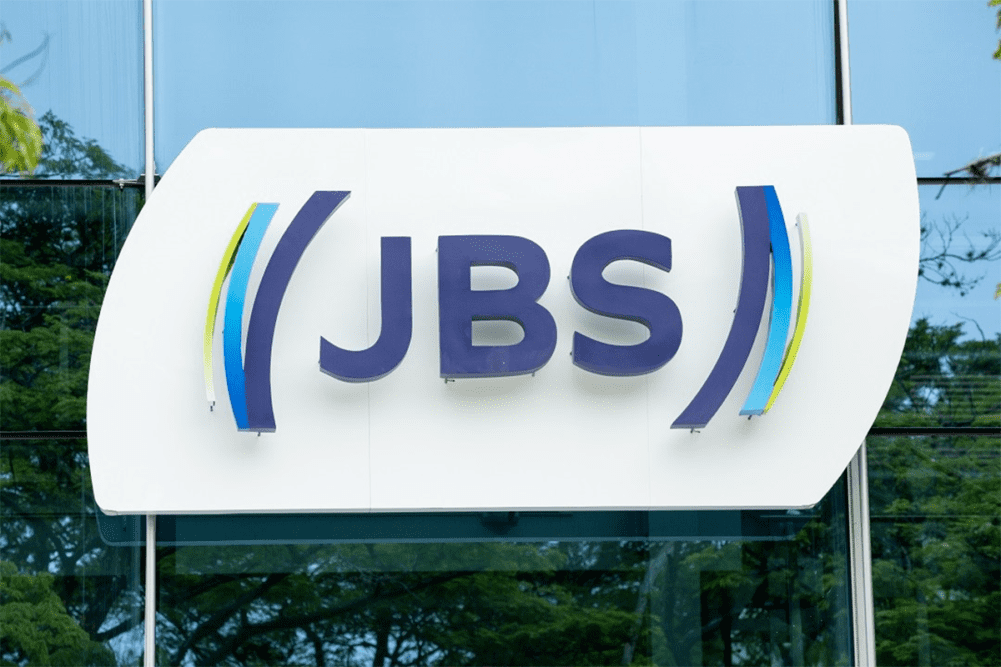JBS’ Decade of Plastic Recycling: A Commitment to Circular Economy
Introduction
Recycling plays a pivotal role in environmental sustainability, reducing waste, conserving resources, and mitigating industrial impacts. Over the past decade, JBS, a global food company, has demonstrated a profound commitment to recycling through its subsidiary, Ambiental. Specializing in solid waste management and circular economy projects, Ambiental has recycled 40,000 tons of plastic waste, underscoring the importance and effectiveness of innovative recycling practices.
The Impact of Recycling: A Decade of Transformation
JBS’ dedication to recycling through Ambiental is a significant achievement in the fight against plastic waste. Over ten years, Ambiental has recycled 40,000 tons of plastic that would have otherwise ended up in landfills. This volume is equivalent to filling 16 Olympic-sized swimming pools, highlighting the substantial impact of their recycling efforts.
In 2023 alone, Ambiental recycled approximately 3,000 tons of plastic, producing over 6,000 tons of new products and raw materials. This impressive output showcases the potential of recycling to generate valuable resources while reducing environmental harm.
Circular Economy: Turning Waste into Resources
A crucial aspect of Ambiental’s success is its focus on the circular economy. This economic model emphasizes the continuous use of resources, minimizing waste by recycling and repurposing materials. Of the total plastic recycled by Ambiental in the past decade, 35% was transformed into industrial inputs, while 65% was used to create plastic products such as packaging, flooring, cages, and pallets.
Innovative Solutions: The Green Floor
One of Ambiental’s most innovative recycling initiatives is the development of the ‘green floor,’ launched in 2021. After two years of research, Ambiental introduced an interlocking floor suitable for outdoor environments, made from plastic used in vacuum-packed products. This product meets the Brazilian Association of Technical Standards (ABNT) requirements and offers the same durability as concrete. In 2023, 22,000 square meters of ‘green floor’ were produced, equivalent to two football fields. The product’s certification with the ABNT Ecological Seal of Environmental Quality further underscores its environmental benefits.
Operational Excellence and Innovation
Ambiental’s commitment to innovation and operational excellence ensures the production of high-quality raw materials for various product lines. The company encourages its technical team to develop solutions for reusing difficult-to-recycle packaging, contributing to a more sustainable and efficient recycling process.
Collaboration and Industry Integration
A significant portion of the plastic recycled by Ambiental (80% of the total volume) originates from the operations of JBS business units, including Friboi, Seara, Swift, Couros, and Novos Negócios. This integration allows Ambiental to generate new products to serve both JBS companies and the broader market.
Expanding Operations
Today, Ambiental operates 23 units in Brazil, focusing on the management and treatment of recyclable and non-recyclable post-industrial solid waste. This extensive network of facilities highlights the scale and efficiency of Ambiental’s recycling operations, reinforcing JBS’ commitment to environmental sustainability.
The Broader Importance of Recycling
Recycling is more than just a waste management solution; it is a critical component of sustainable development. By converting waste into valuable resources, recycling reduces the need for new raw materials, conserves energy, and decreases greenhouse gas emissions. Companies like JBS, through initiatives like Ambiental, play a crucial role in promoting recycling and the circular economy.
Conclusion
JBS‘ achievement of recycling 40,000 tons of plastic over the past decade through Ambiental is a testament to the importance and effectiveness of innovative recycling practices. By focusing on the circular economy, developing cutting-edge solutions like the ‘green floor,’ and integrating recycling operations across its business units, JBS has set a powerful example for other companies to follow. As we look to the future, the continued commitment to recycling and sustainability will be essential in addressing the environmental challenges we face and building a more sustainable world.
More: JBS Canada Builds Major Beef DC
